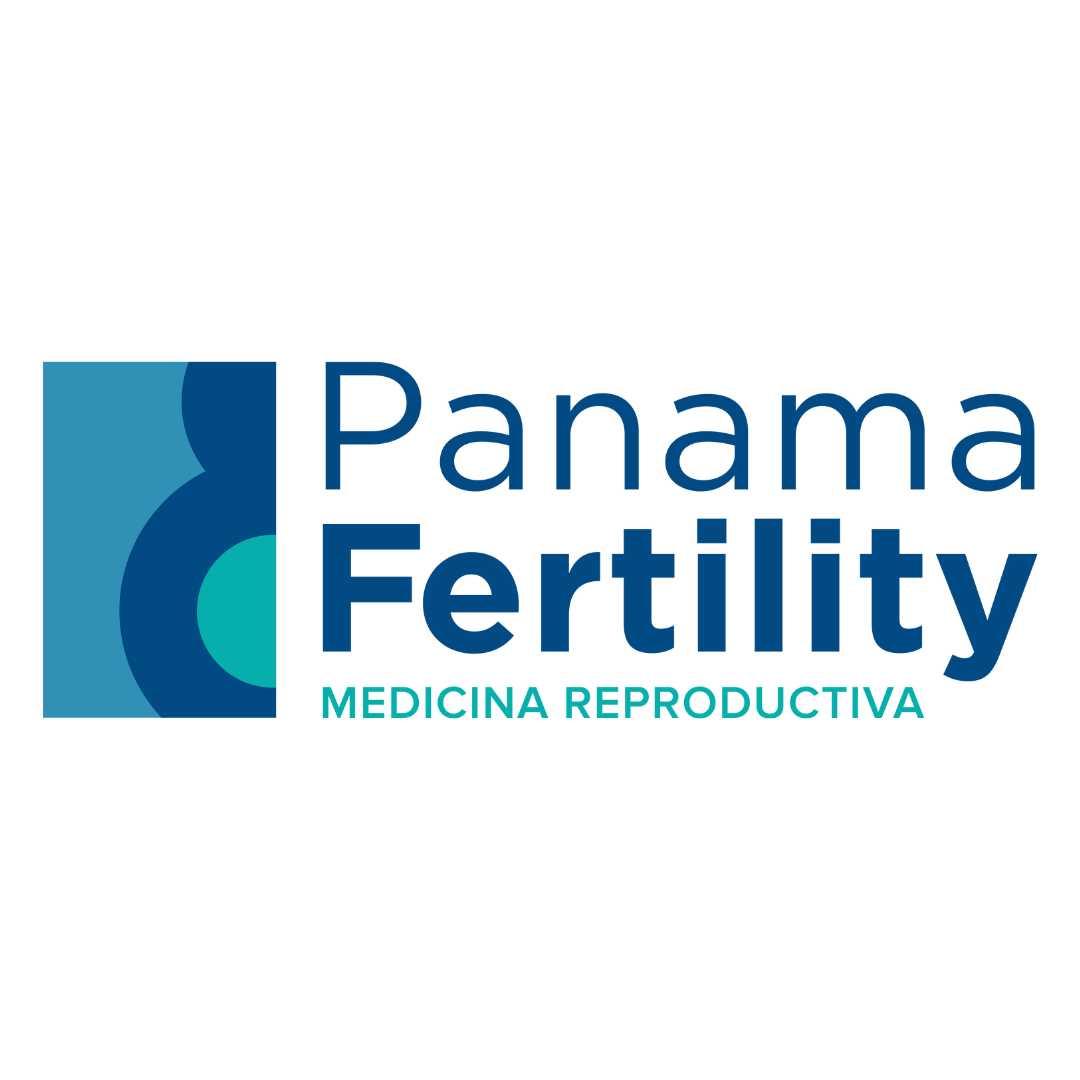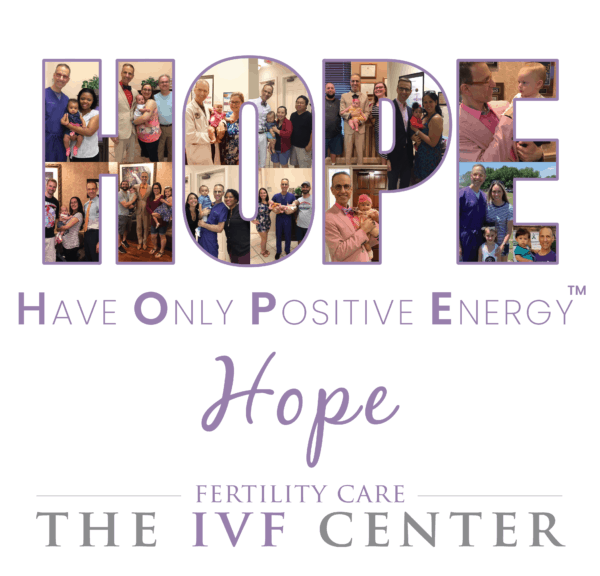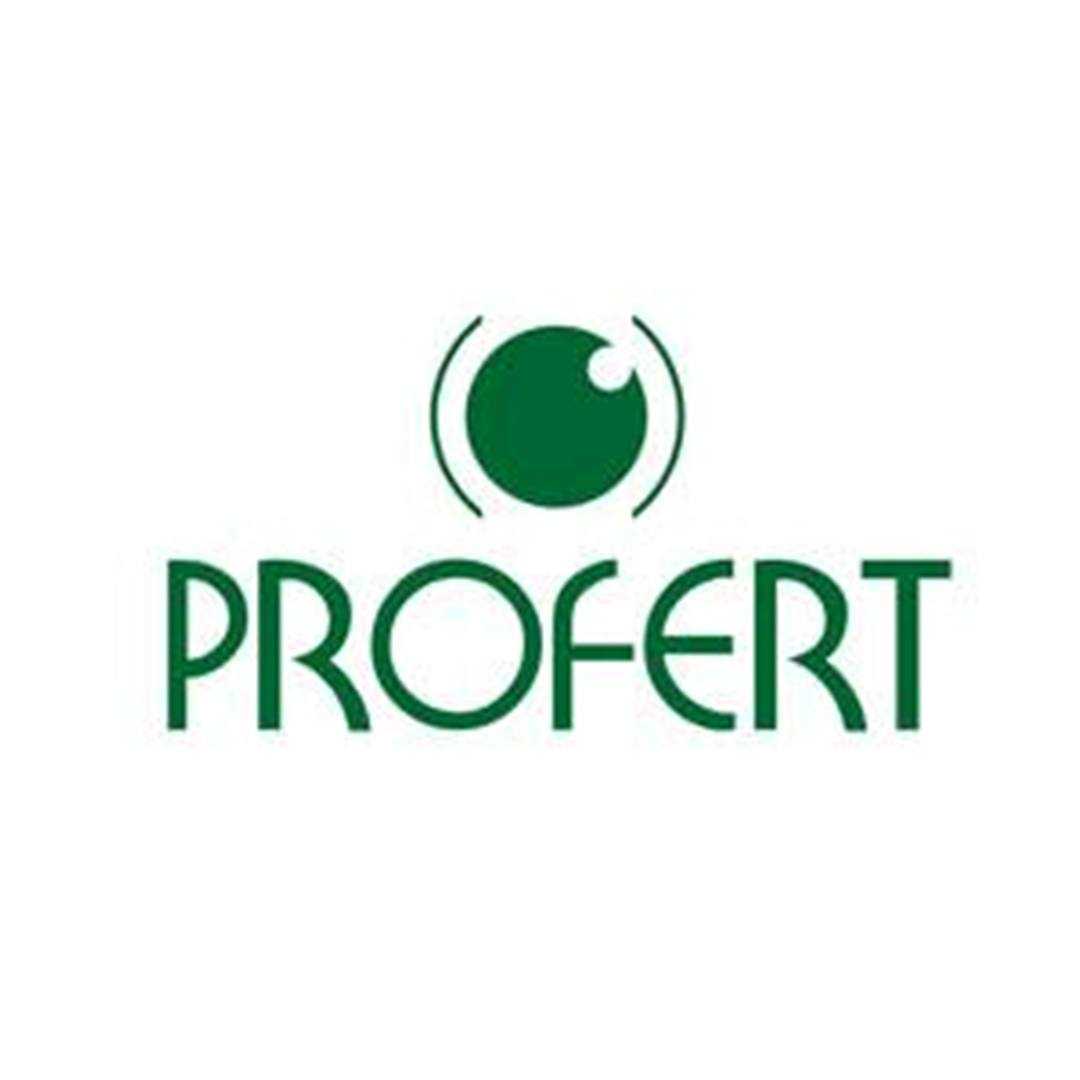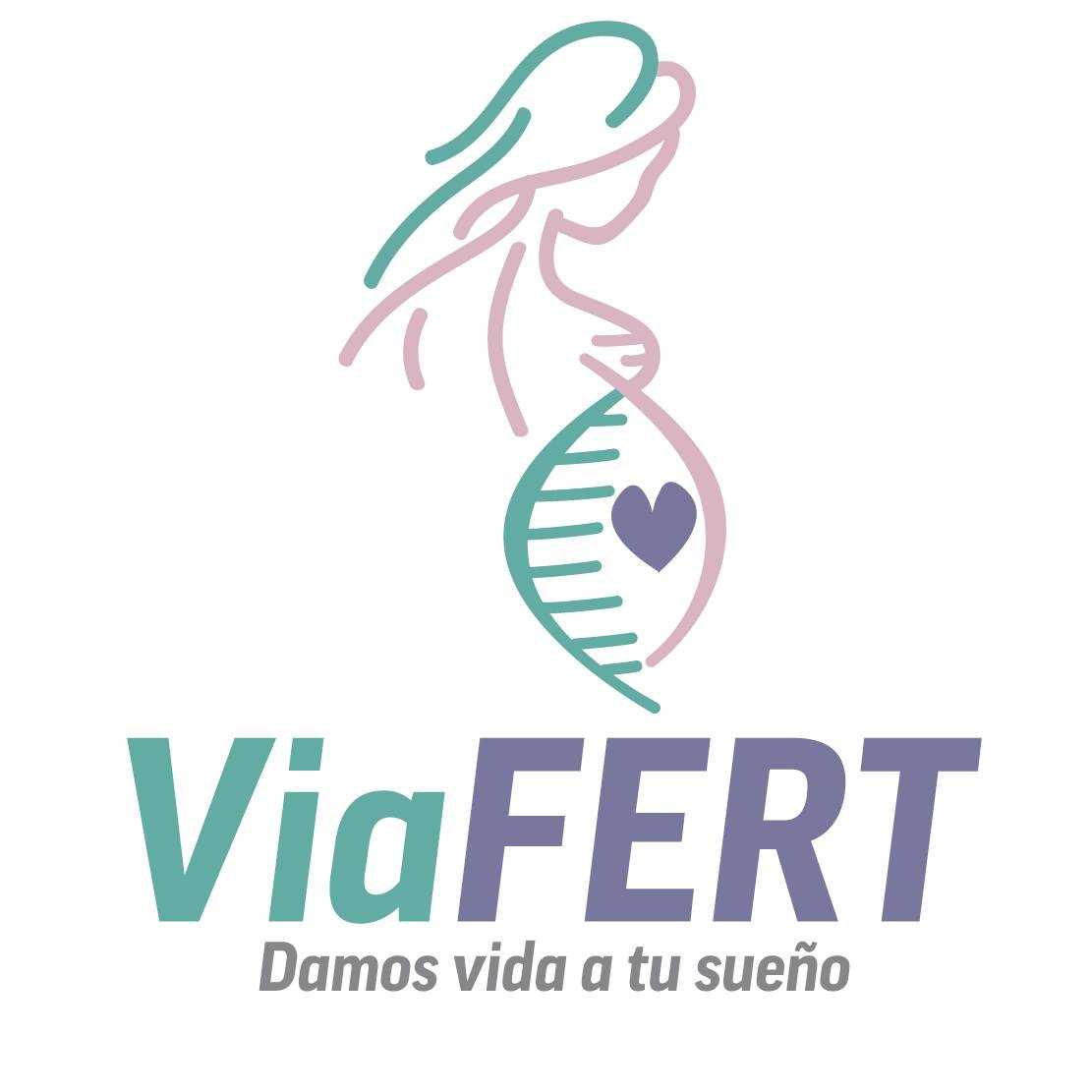|
Overview For many individuals, struggling to create a successful pregnancy is not only stressful, but can affect quality of life for individuals and couples. Natural fertilization may be difficult for many reasons. Egg production, sperm strength, and many other chemical and physical factors prevent couples from having success with desires to bear children naturally. Thankfully, options are available to enable couples to have children by using alternative methods of fertilization that are safe and often produce a healthy, happy child into the family. ICSI ICSI, or intracytoplasmic sperm injection, is a procedure in which an egg is fertilized in vitro (outside of the body) by injection of the sperm directly into the IMSI IMSI, or intracytoplasmic morphologically-selected sperm injection process, is another option for couples. This procedure is basically the same as the ICSI procedure with the added selection of quality sperm being injected into the egg. Fertility experts recommend this procedure with any male sperm quality issues. Proponents of the in vitro process claim that the highest quality sperm is injected into the fertilized egg in the best cases, so this added process should not be an issue. Which procedure is best for me? ICSI is the procedure of choice for those males who have low sperm counts, measuring less than 15-20 million per millimeter. Poor sperm mobility may also be a factor in choosing ICSI, or may be utilized whenever in vitro fertilization is used. Both of these procedures are for those who have exhausted all other available treatments or methods to become pregnant, and both are expensive and may not be covered by health insurances. How Much does it Cost?
Who Performs this Procedure? Board Certified Ob/Gyns or those Certified in Endocrinology or fertility treatments is required. All others involved in the process within the facility should be certified and licensed in their country of origin. Facilities as well, should be Joint Commission International certified to ensure competent, quality care is received for all infertility treatments. |


 egg
egg Typically, in the
Typically, in the 







-Treatments-Why-More-Couples-Are-Going-Abroad-Thumbnail.png)







Share this listing